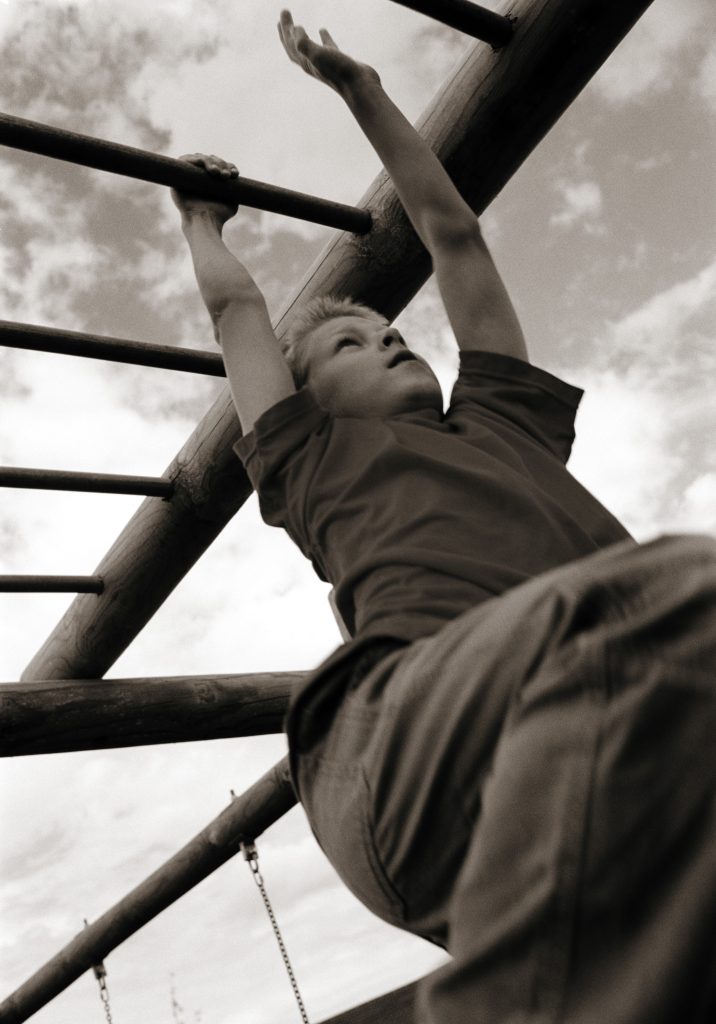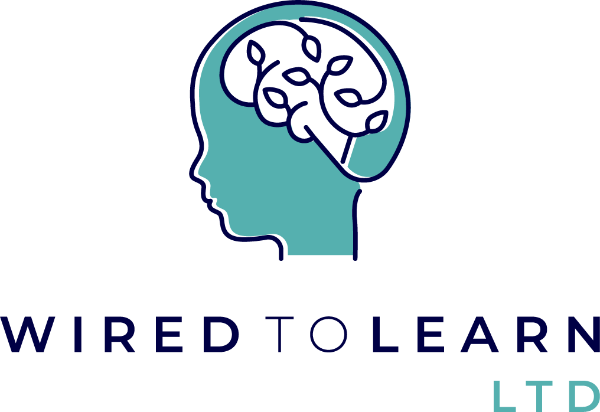Vestibular Disorder
The vestibular system might not be one of the five basic senses we were taught as children, but it is arguably the most fundamental sense. It is the first sensation a foetus experiences prior to birth and as our other senses develop, they depend on the vestibular system in many ways to integrate properly. The vestibular system signals to our other senses when it’s necessary to make adjustments so that we can maintain balance, clear vision, adequate muscle tone, and coordination.
Difficulties with vestibular processing can make many aspects of everyday life challenging. These children may appear lazy, hyperactive, clumsy, inattentive, impulsive, or anxious. Dysfunction can present as hypo or hyper responsive and, much like the other sensory systems, a child may exhibit behaviours of both.

What are the symptoms of a vestibular disorder?
- Disliking or seeking out activities requiring feet to leave the ground such as swings, slides, riding a bike, jumping or climbing
- Clumsiness or frequent falling
- Often moving slowly/cautiously
- Frequent motion sickness/dizziness
- Appearing to never become dizzy with excessive spinning
- Seemingly unaware of danger/risks
- Appearing frequently “lost” in their environment
- Difficulty locating objects
- Dislike of being moved to stomach or back as a baby or having their head tilted back
- Rocking, spinning, twirling, or frequent head tilting
- Difficulty sitting still or unable to sustain attention without moving
- Difficulty with reading, writing, and/or maths
- Often slouches, holds head up with hands, or prefers lying down
